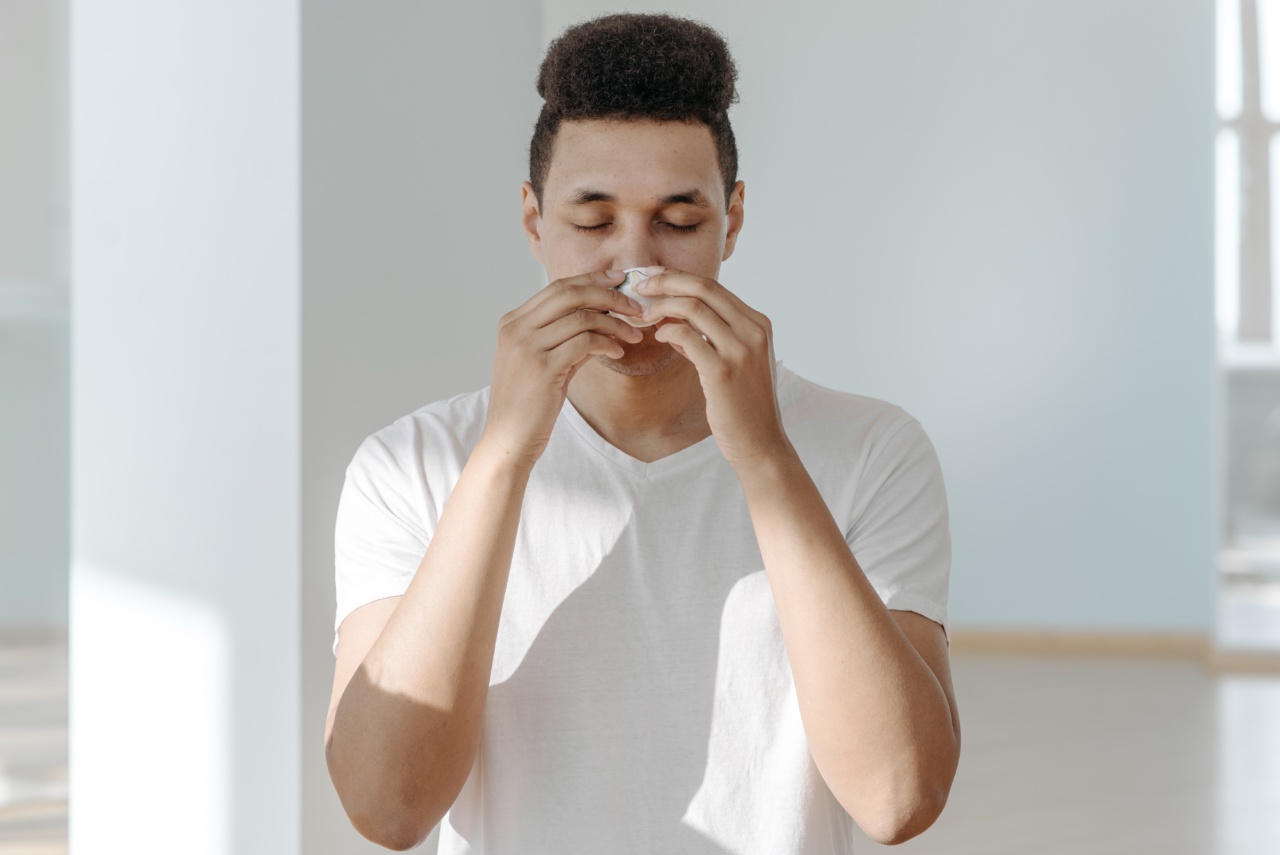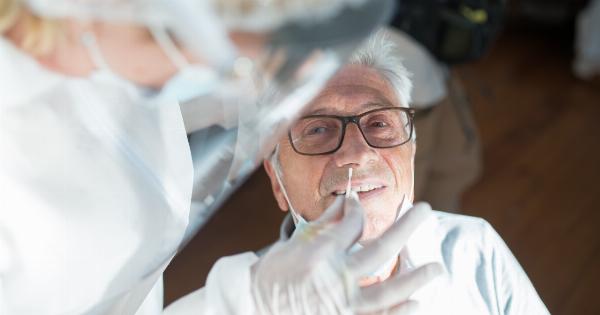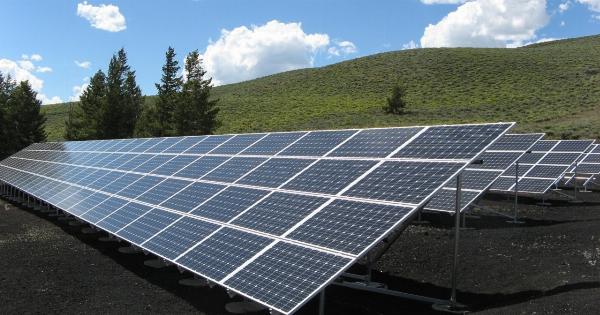Mosquito allergy is a common problem that affects millions of people every year.
While most people only experience minor itching and redness after getting bitten by a mosquito, others may experience severe allergic reactions that can be life-threatening. If you’re experiencing any of the following symptoms, it’s essential to seek medical attention immediately.
Hives
Hives, also known as urticaria, are a raised, itchy rash that may appear on the skin after a mosquito bite. These hives can be small or large, and they may be red or pale-colored.
Hives are a common symptom of mosquito allergy, and they may last for several hours or days.
Swelling
Swelling is another common symptom of mosquito allergy. In some cases, the swelling may be so severe that it interferes with daily activities.
Swelling around the eyes, lips, and throat can be particularly dangerous because it may cause difficulty breathing.
Shortness of Breath
Shortness of breath is a severe symptom of mosquito allergy that requires immediate medical attention. It may be a sign of anaphylaxis, a life-threatening allergic reaction that can cause the airways to narrow, making it difficult to breathe.
Anaphylaxis requires urgent treatment with epinephrine, a medication that helps to relax the airways and improve breathing.
Chest Pain
Chest pain is another severe symptom of mosquito allergy that requires urgent medical attention. It may be a sign of anaphylaxis or angina, a condition that causes chest pain and discomfort due to reduced blood flow to the heart.
Chest pain associated with mosquito allergy may be accompanied by other symptoms such as shortness of breath, dizziness, and nausea.
Fever
Fever is a common symptom of mosquito allergy and may be accompanied by other symptoms such as chills and muscle aches. Fever is usually a sign that the body is fighting an infection or inflammation.
In some cases, fever may be a sign of a severe allergic reaction or infection that requires medical attention.
Headache
Headache is another common symptom of mosquito allergy. It may be a sign of anemia, a condition that occurs when the body doesn’t have enough red blood cells to carry oxygen to the tissues.
In some cases, headaches may also be a sign of anaphylaxis or infection.
Rash
A rash is a common symptom of mosquito allergy and may appear on the skin after a mosquito bite. The rash may be red or pale-colored and may be raised or flat.
In some cases, the rash may be accompanied by other symptoms such as itching, swelling, and hives.
Nausea and Vomiting
Nausea and vomiting are common symptoms of mosquito allergy and may be a sign of anaphylaxis. These symptoms may be accompanied by other symptoms such as abdominal pain, diarrhea, and cramping.
Nausea and vomiting may also be a sign of infection or inflammation.
Difficulty Swallowing
Difficulty swallowing, also known as dysphagia, is a severe symptom of mosquito allergy that requires immediate medical attention. It may be a sign of anaphylaxis or swelling in the throat.
Difficulty swallowing may also be a sign of a tumor or other medical condition that requires treatment.
Dizziness
Dizziness is another severe symptom of mosquito allergy that requires medical attention. It may be a sign of anaphylaxis or low blood pressure, a condition that occurs when the blood vessels don’t constrict properly, causing blood flow to drop.
Dizziness may also be a sign of dehydration or heat exhaustion.
Conclusion
While most mosquito bites only result in minor itching and redness, some people may experience severe allergic reactions that require immediate medical attention.
If you’re experiencing any of the symptoms listed above, it’s essential to seek medical attention as soon as possible. Your doctor may recommend allergy testing or prescribe medication to help alleviate your symptoms. By taking the right precautions, you can prevent severe reactions and enjoy the outdoors without worrying about mosquito allergy.





























